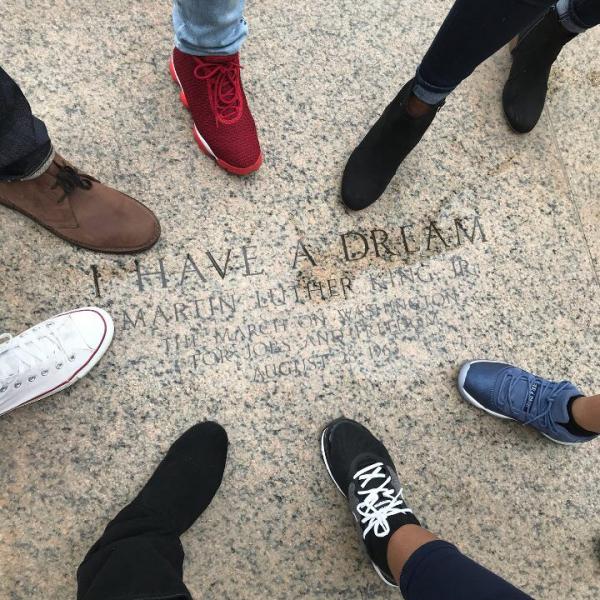Karma Frierson is an assistant professor in the Department of African and African American Studies at Washington University in St. Louis. Her research and teaching focus on the significance of blackness in identity formation, regionalism, and cultural practice in Mexico and Latin America more broadly. She is currently writing her book manuscript tentatively titled, Black Reckoning: Race, Place, and Recognition in Veracruz, Mexico, which is an ethnography of how local music and dance communities reckon with expectations of blackness in the wake of late 20th century multiculturalism. She has presented on topics ranging from blackness and citizenship; nostalgia and music; and the significance of Afro-Caribbean identity within the Mexican context. A book chapter, “Enumerating Blackness: The Shifting Politics of Recognition Mexico,” will appear in the forthcoming edited volume The Afro-Americas.
Frierson earned her PhD in Anthropology from the University of Chicago. Prior to joining the Department of African and African American Studies at WashU, she was the postdoctoral associate with the Center for Latin American Studies at Rutgers University-New Brunswick.


